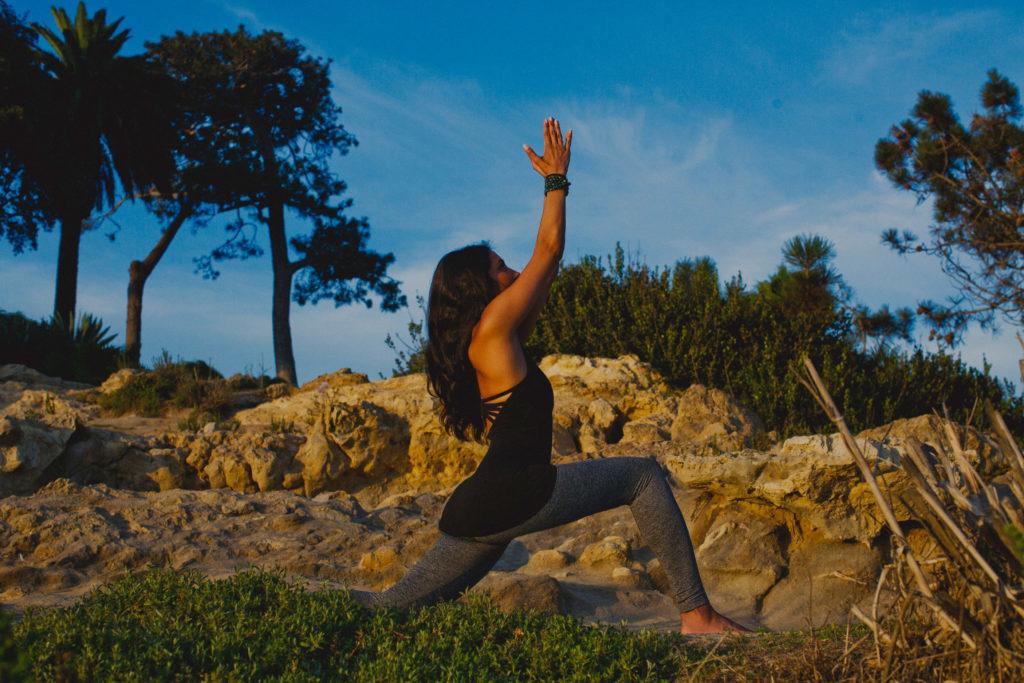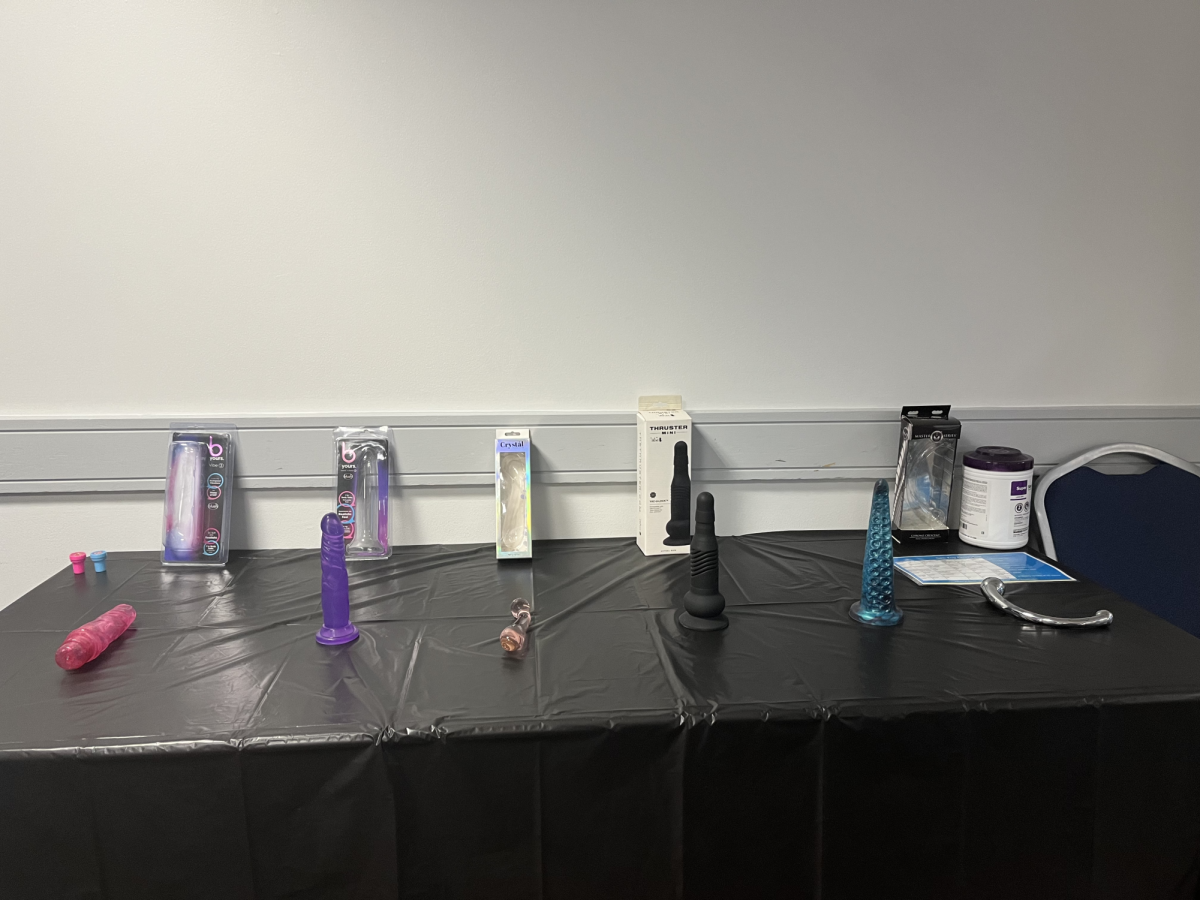An alumna and sexual assault survivor turned to yoga to help her heal. Now, she is empowering other survivors to do the same.
After earning her master’s degree in higher education administration and student affairs in 2010, Zabie Yamasaki went on to create an eight-week yoga program for survivors of sexual assault. Following her own assault as an undergraduate, Yamasaki said she needed coping rituals that could help her manage a variety of daily symptoms like dissociation, depression and other side effects of PTSD – and she found that outlet through yoga.
“While talk therapy was helpful for me at some points in my journey, it really wasn’t until yoga came into my life I was starting to really put the pieces together,” she said.
When she started the program in 2011, Yamasaki was traveling to colleges around the country to teach the program herself. Now, after seven years, her program, “Transcending Sexual Trauma Through Yoga” leads teachers through a three-day training to implement her methods. To date, it has been taught at 15 colleges, including Johns Hopkins University and other community resources like East Los Angeles Women’s Center.
Yamasaki said #MeToo – a movement that has opened the floodgates on calling out sexual assault – has survivors boldly speaking their truth and sharing their stories. But many still do not feel safe or ready to share what happened to them. Although sharing can heal and connect people, she said she aims to create a space where survivors can work through their experience – some of them for the first time.
The trainings started out small, but now each session is filled with people from all over the world. Many teachers go on to create their own respective programs inspired by concepts learned in Yamasaki’s training.
“I’m expanding every day,” Yamasaki said. “There’s always a new campus or a new crisis center or trauma agency that reaches out.”
Yamasaki’s program explores several themes over an eight-week series of classes, emphasizing topics like self-care, strength and boundaries. The program moves at a gradual pace so participants will naturally feel the comfort to share their experience or be more open in general.
There are nine different core lessons that Yamasaki teaches in her three-day trainings. Most of the lessons are communication-based, like using language of empowerment and how to be sensitive to triggers. For example, adjusting a student’s body during class is common during a traditional yoga class, but Yamasaki teaches instructors in her program how to alter regular yoga classes to accommodate sexual assault survivors specifically.
As an undergraduate student, Yamasaki said she was suffering from flashbacks and nightmares, as well as lethargy and depression. She said that in experiencing trauma, people often dissociate their body because it can be painful to be present after being violated.
Besides her own experience, Yamasaki was also inspired by testimonials of survivors that she worked with at the UC Irvine’s Campus Assault Resources and Education office. She noticed a theme in conversations with student survivors – many survivors were looking for something tangible to help them heal.
“It’s such an important practice for everyone, but especially for those who have experienced trauma,” she said. “It’s such a layered experience, and it’s really giving them tools that were so helpful for me in my healing process.”
If a campus or an agency wants to offer her program, she will work with them to train yoga teachers through an online or in person three-day course that costs $600.
After completing the program and processing their trauma, Yamasaki said many survivors feel empowered to seek additional resources, whether it be talking to a therapist or seeking medical care. The program is designed to be easily implemented for survivors of all ages and backgrounds.
“It’s really about inviting them to move through the postures in a way that feels safe for them,” Yamasaki said.




